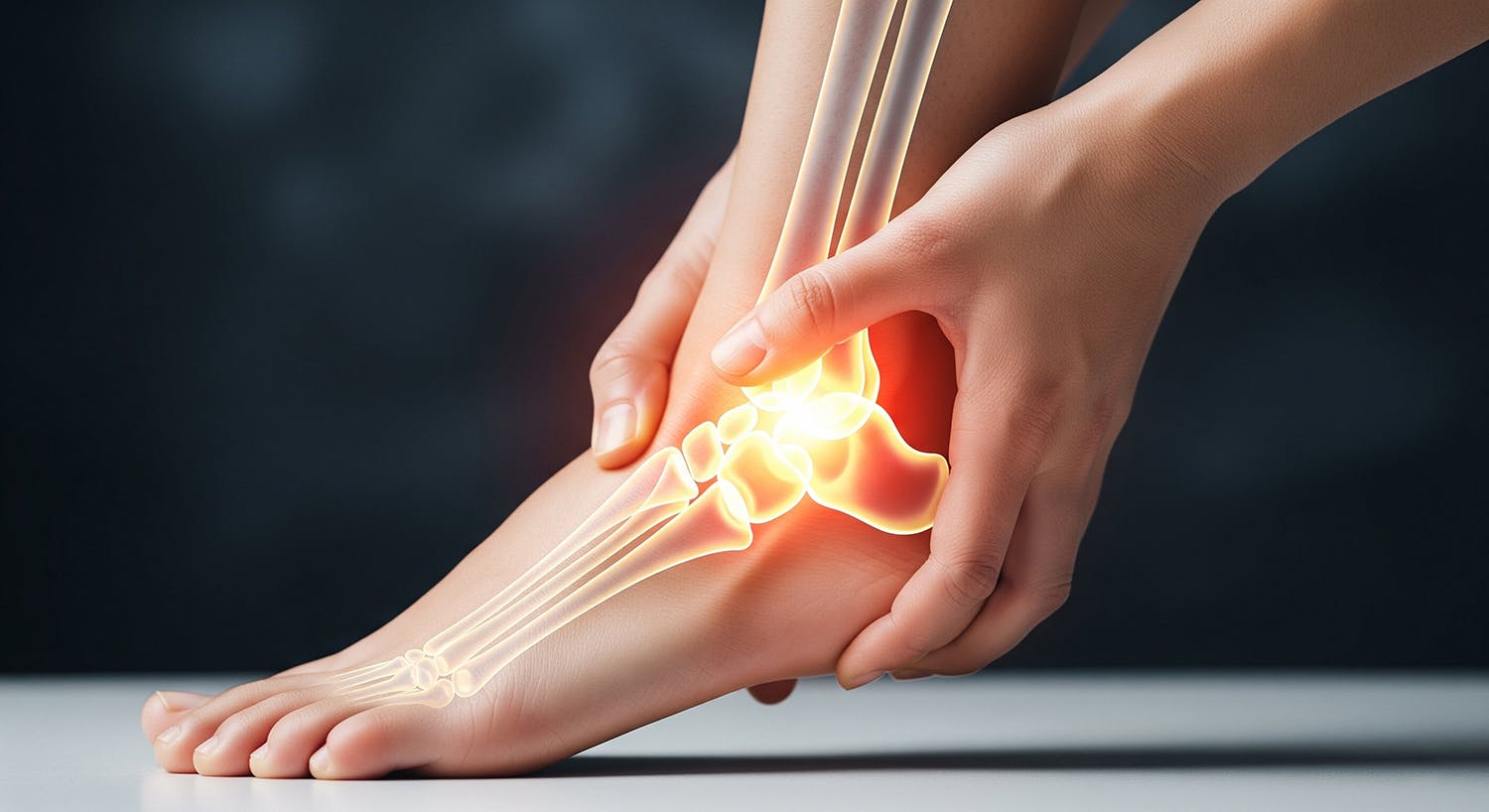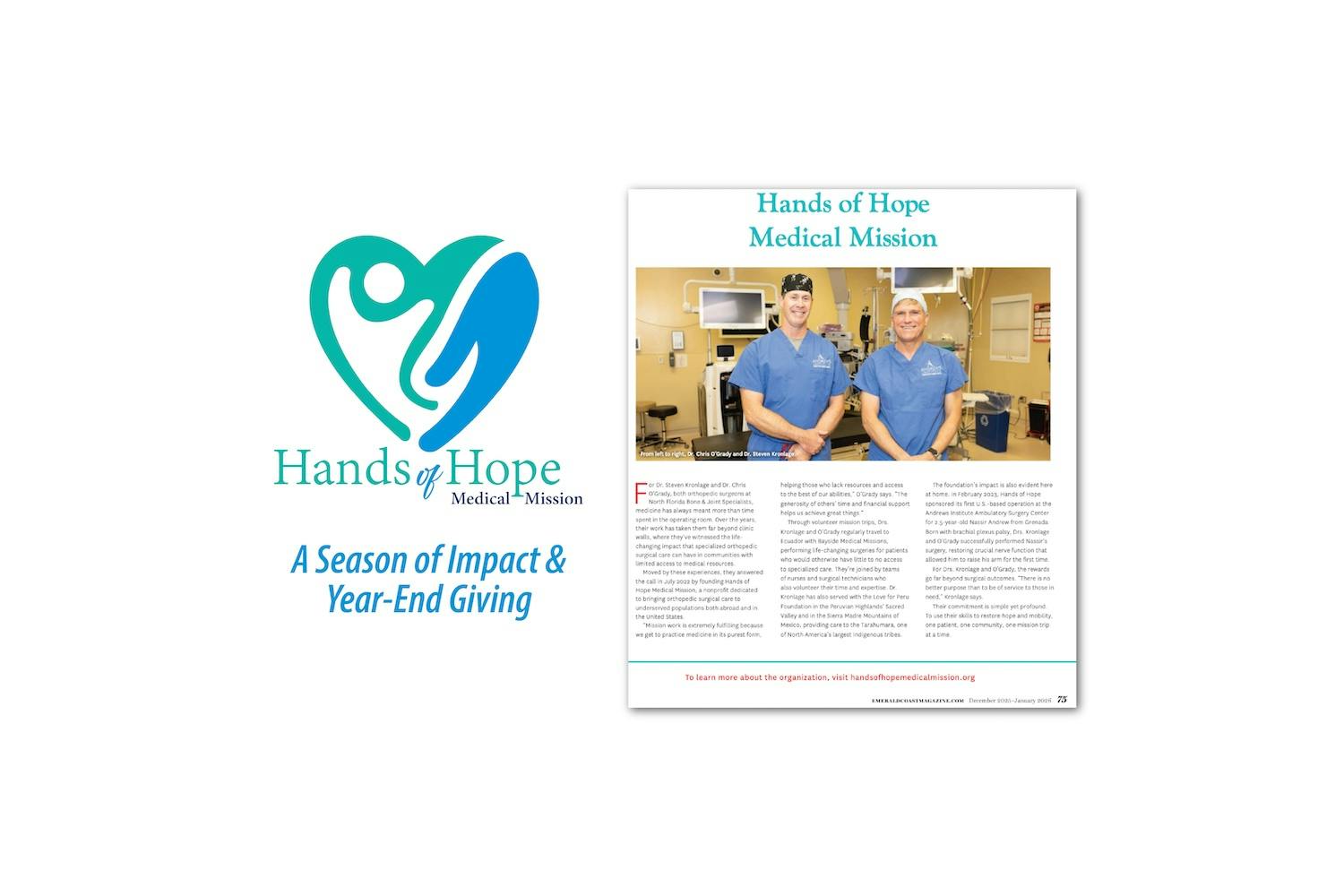- Blog
Diagnosing & Treating Carpal Tunnel Syndrome
Posted on 02-27-2026 in Hand & Wrist by Dr. Steven Kronlage

Posted on 02-27-2026 in Hand & Wrist by Dr. Steven Kronlage
Carpal Tunnel Syndrome, or CTS for short, is a medical condition characterized by the compression of the median nerve at the carpal tunnel located in the wrist. When compressed, the outer covering of the nerve (myelin sheath) is injured due to a lack of blood flow, which reduces its ability to conduct signals up and down the nerve fiber. Unfortunately, if left untreated, the degeneration of the nerve will progress, and symptoms will worsen over time. Below, we discuss the symptoms of CTS more broadly, as well as the methods for diagnosing and treating this common condition.
Symptoms of CTS
Small nerve fibers, such as those that conduct light touch and temperature, are the first to be affected by compression of the median nerve. If carpal tunnel syndrome progresses, the larger fibers, like those that conduct muscle impulses, can also be affected. Depending on the severity of the damage to the median nerve, patients with CTS can experience chronic or sporadic symptoms. These symptoms can vary, ranging from a shocking pain spreading through the hand to overall weakness in the grip or a numbing sensation starting with the fingers.
The most common symptoms of CTS are numbness and tingling in the digits innervated by the median nerve—the thumb, index, long and half of the ring finger. This numbness and tingling may be especially present at night and can very often cause the patient to wake up. Some patients also complain of weakness, loss of dexterity, and repeated instances of dropping objects. Pain can be present, but it is not always a primary symptom, as some people who suffer from CTS never experience pain outside of the discomfort of numbness and tingling.
Diagnosing the Condition
Although many factors contribute to its overall diagnosis, CTS is most accurately described as a condition associated with aging. As we get older, our tissues become less compliant and, therefore, cannot tolerate transient swelling (tendonitis), which can be aggravated by wrist position. In fact, the position of the wrist while sleeping can have a more significant impact on deterioration than the repetitive motion of typing on a computer.
Studies have proven that it is more common for women and older adults to develop CTS. People with comorbidities like diabetes, thyroid disorders, rheumatoid arthritis and obesity are also prone to carpal tunnel syndrome.
Through an initial consultation, including an evaluation of your medical history, a physical exam and imaging assessments like an ultrasound, our fellowship-trained physicians can accurately diagnose the severity of CTS and develop a comprehensive treatment plan. Because CTS can cause gradual degeneration and increased pressure within the carpal tunnel, the longer symptoms go untreated, the greater the chance your treatment plan could result in surgery.
Treatment Options
Depending on how your CTS is graded, there is a wide range of factors to consider when developing a treatment plan for the condition. Mild carpal tunnel syndrome is often treated with nighttime splinting and reassessment at a later date to ensure there has been no progression of symptoms. Moderate and severe carpal tunnel syndrome requires surgical intervention, known as Carpal Tunnel Release (CTR).
Unfortunately, many studies show no significant benefit from steroid injections, therapy, ultrasound, or other non-operative treatment for moderate to severe carpal tunnel syndrome. Therefore, our physicians strongly recommend that patients come in for evaluation and testing at the onset of symptoms.
Patients who experience a symptomatic case of CTS may be recommended to undergo a Mini-Open Carpal Tunnel Release. This procedure can be performed in our office or a surgery center for most patients. We have found this to be the safest and most predictable procedure for carpal tunnel syndrome.
To learn more, watch our video on office-based CTS procedures.
Getting ahead of conditions such as CTS is crucial to minimizing the severity and continual degeneration that occurs, and our fellowship-trained physicians at North Florida Bone & Joint Specialists are here to help. Dr. Steven Kronlage, Dr. Alex Coleman and Dr. James Piorkowski provide non-surgical and surgical interventions based on several factors.
With same-day and next-day appointments in our Gulf Breeze and Pensacola locations, as well as state-of-the-art on-site imaging and diagnostics, North Florida Bone & Joint Specialists makes visits as convenient and accessible as possible. Give us a call today at 850.807.4200 or schedule an appointment online.

If you’ve ever sprained your ankle and thought, “this isn’t a big deal…it’s a minor injury,” you’re not alone. Ankle sprains are among the most common musculoskeletal injuries, especially in active adults and athletes. However, for some patients, what begins as a simple sprain becomes a frustrating cycle in which the ankle feels weak, unstable, and prone to “rolling” again and again. Understanding why this happens is the first step toward breaking the cycle and restoring long-term stability.

February is American Heart Month, a time to raise awareness about cardiovascular health and its far-reaching effects. While most people recognize the importance of heart health for longevity and disease prevention, fewer realize its critical role in musculoskeletal well-being. At North Florida Bone & Joint Specialists, we emphasize a comprehensive approach to orthopaedic care, recognizing that a strong heart supports strong bones and joints.

North Florida Bone & Joint Specialists is honored to share the Hands of Hope Medical Mission feature in the newly released December 2025/January 2026 issue of Emerald Coast Magazine. As part of the Medical Profiles section of this edition, the article highlights how two of our own, Dr. Steven Kronlage and Dr. Chris O'Grady, volunteer their time and talents to bring compassionate orthopaedic care to communities with limited access to medical services.